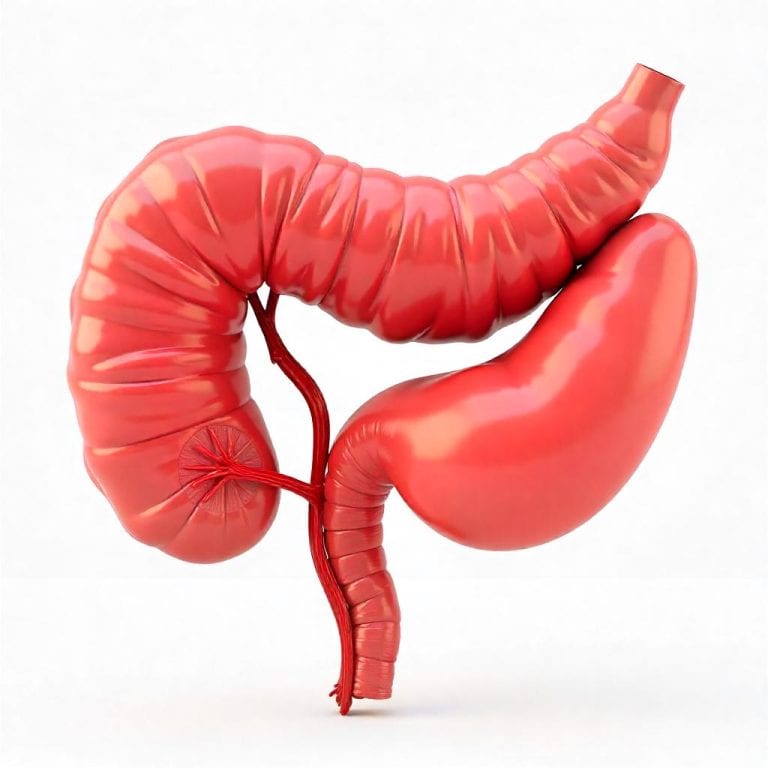Welcome to the Pancreas quiz! The pancreas is a fascinating organ in the human body that plays a vital role in digestion and blood sugar regulation. In this quiz, you will test your knowledge on the anatomy, function, and common disorders of the pancreas.
Get ready to dive into the world of pancreatic enzymes, insulin, and pancreatic cancer. Whether you’re a science buff or just curious to learn more about this important organ, this quiz is sure to challenge and educate you.
So, let’s see how much you know about the pancreas!
Play Pancreas Quiz
Instructions
- This quiz is multiple choice.
- Read each question carefully before selecting an answer.
- Choose the best answer for each question.
- You will see the missed questions with correct answers at the end of the quiz.
Quick Facts
- The pancreas is a vital organ located in the abdomen, behind the stomach.
- It plays a crucial role in digestion by producing enzymes that help break down food.
- It also produces hormones, such as insulin, that regulate blood sugar levels.
- Conditions like pancreatitis, pancreatic cancer, and diabetes can affect the function of the pancreas.
- It has both exocrine and endocrine functions, meaning it secretes substances into the digestive system and bloodstream.
- It is about 6 inches long and shaped like a long, flat fish.
- It releases enzymes into the small intestine to help with the digestion of fats, proteins, and carbohydrates.
- Insulin produced by the pancreas helps cells absorb glucose from the blood for energy.
- It is a delicate organ that can be easily damaged by alcohol abuse, smoking, and certain medications.
- Maintaining a healthy diet and lifestyle can help support the function of the pancreas and prevent diseases.
Downloads
Study Tips
- Create a study schedule and stick to it.
- Find a quiet and comfortable study environment.
- Remove distractions such as phones and social media.
- Take breaks every 25-30 minutes to avoid burnout.
- Use active studying techniques like summarizing, highlighting, and teaching concepts to someone else.
- Practice retrieval by testing yourself with flashcards or practice quizzes.
- Stay organized with notes, study guides, and resources.
- Stay hydrated and eat brain-boosting foods like fruits, nuts, and whole grains.
- Get enough sleep to improve memory retention and cognitive function.
- Reward yourself for reaching study goals to stay motivated.
